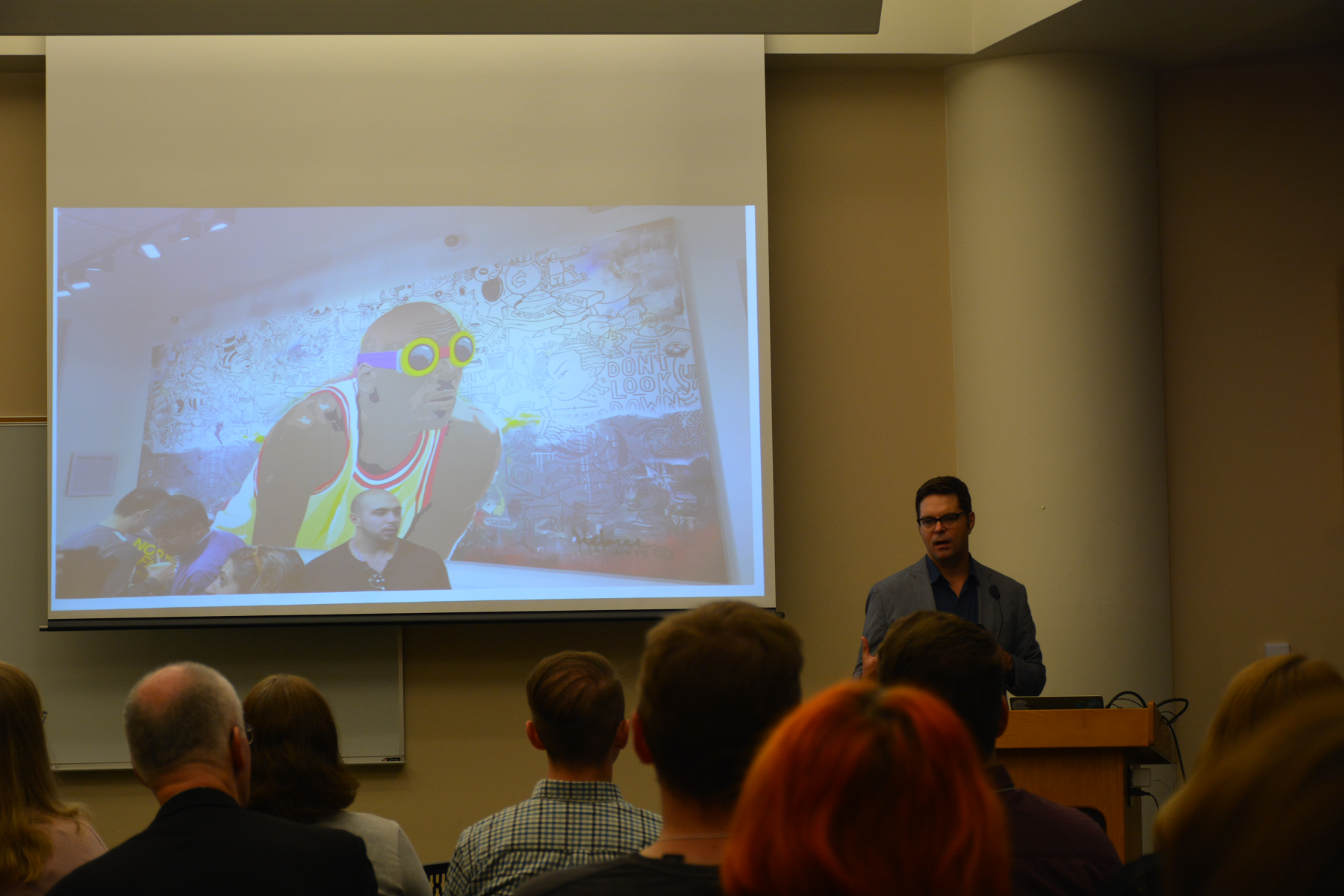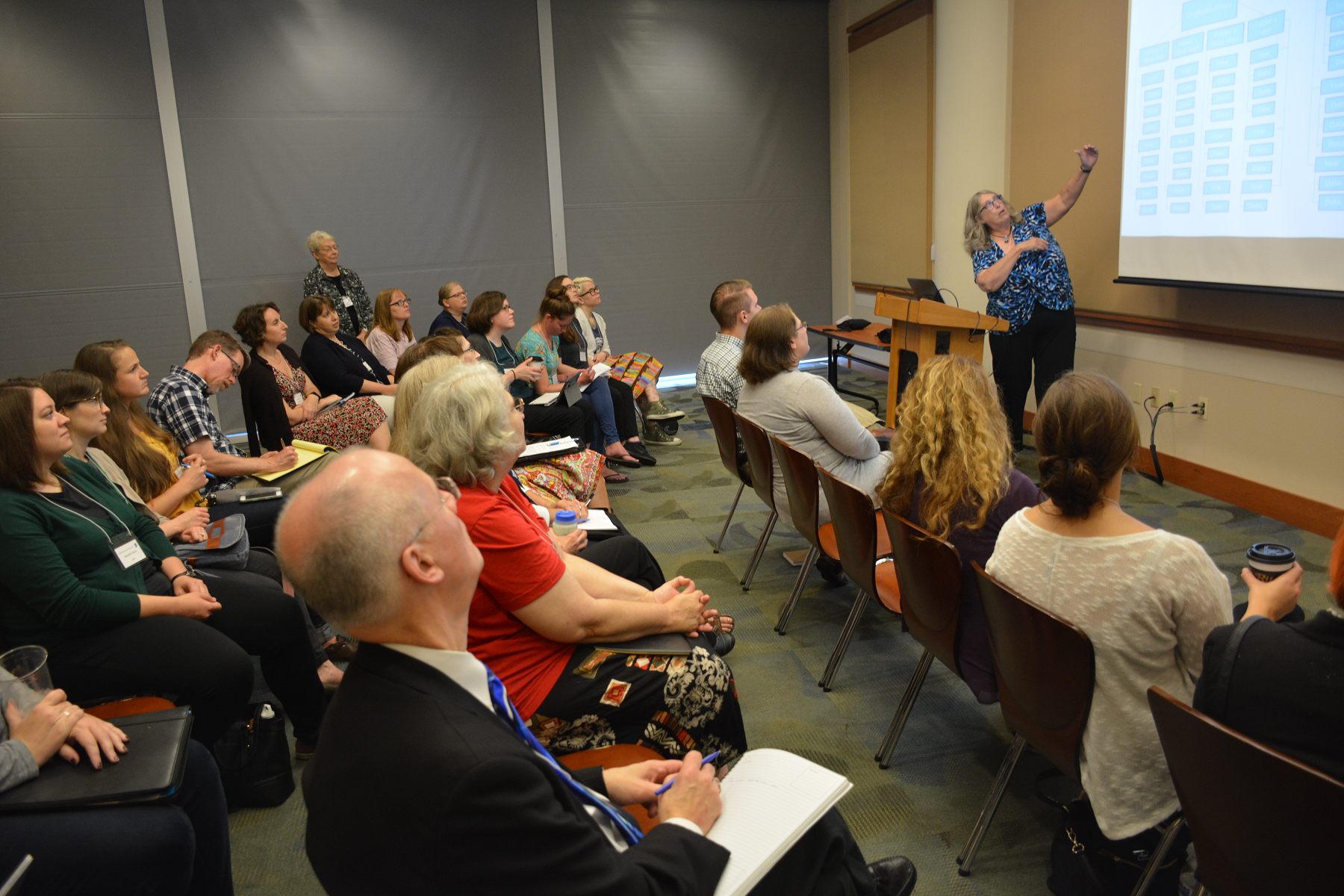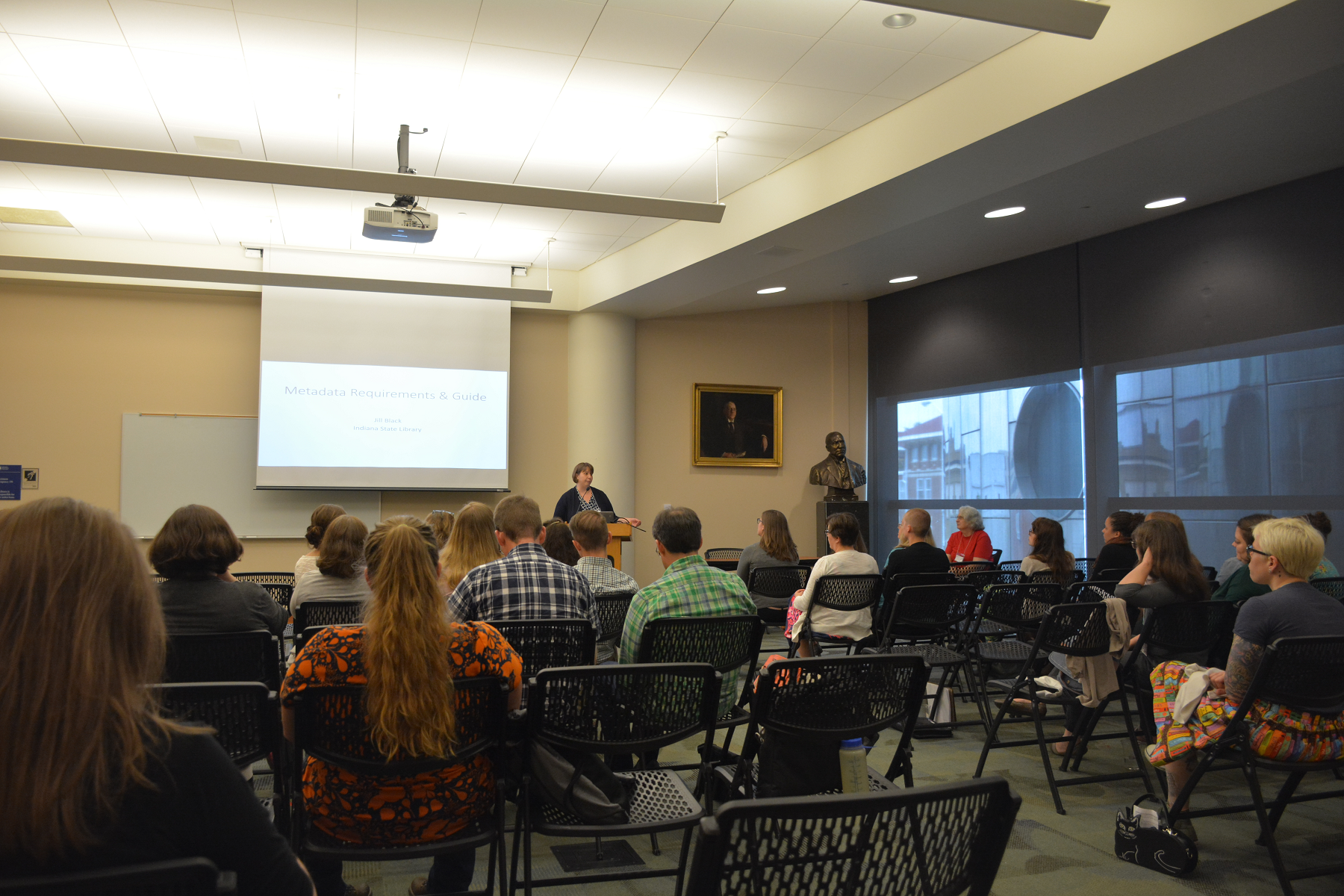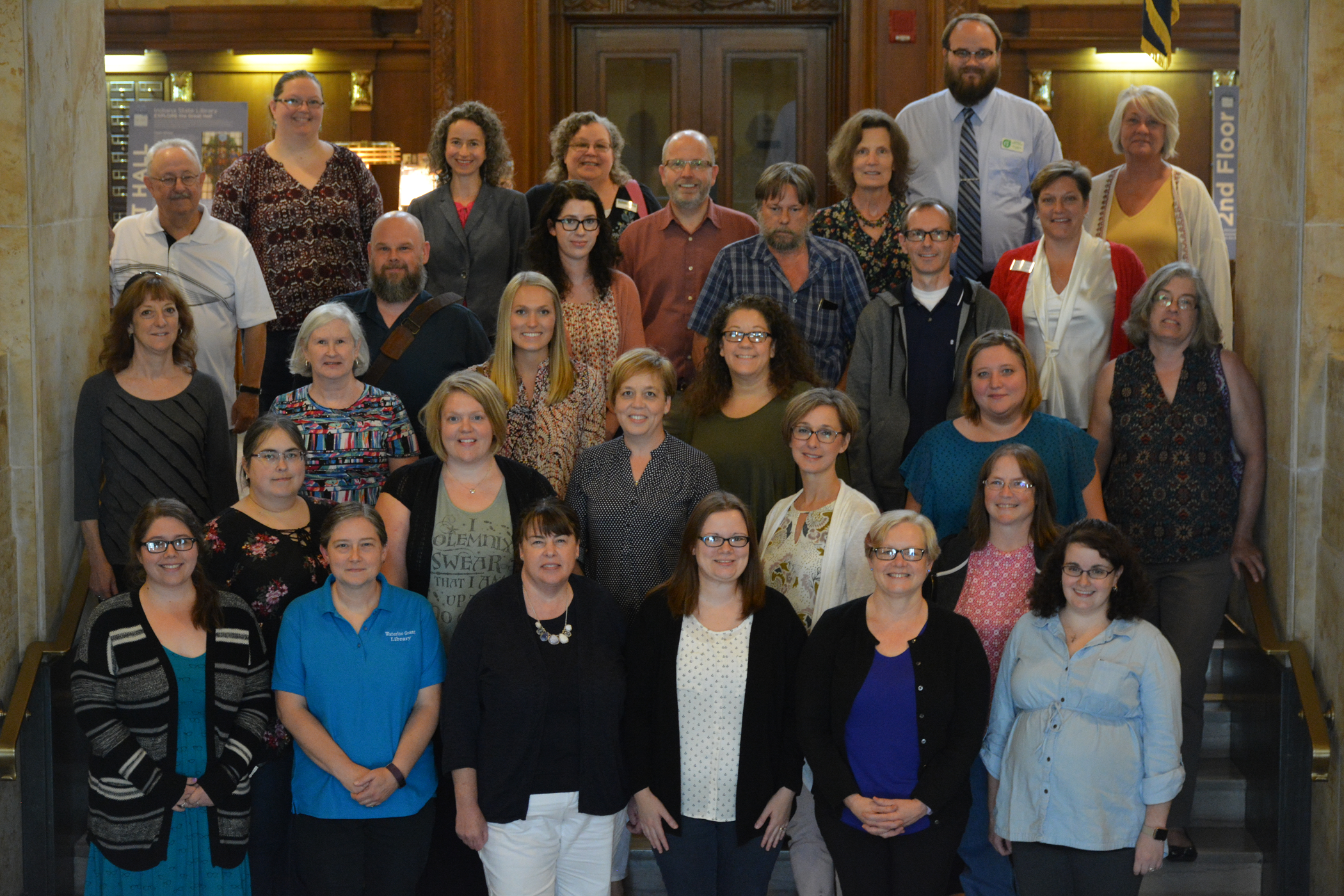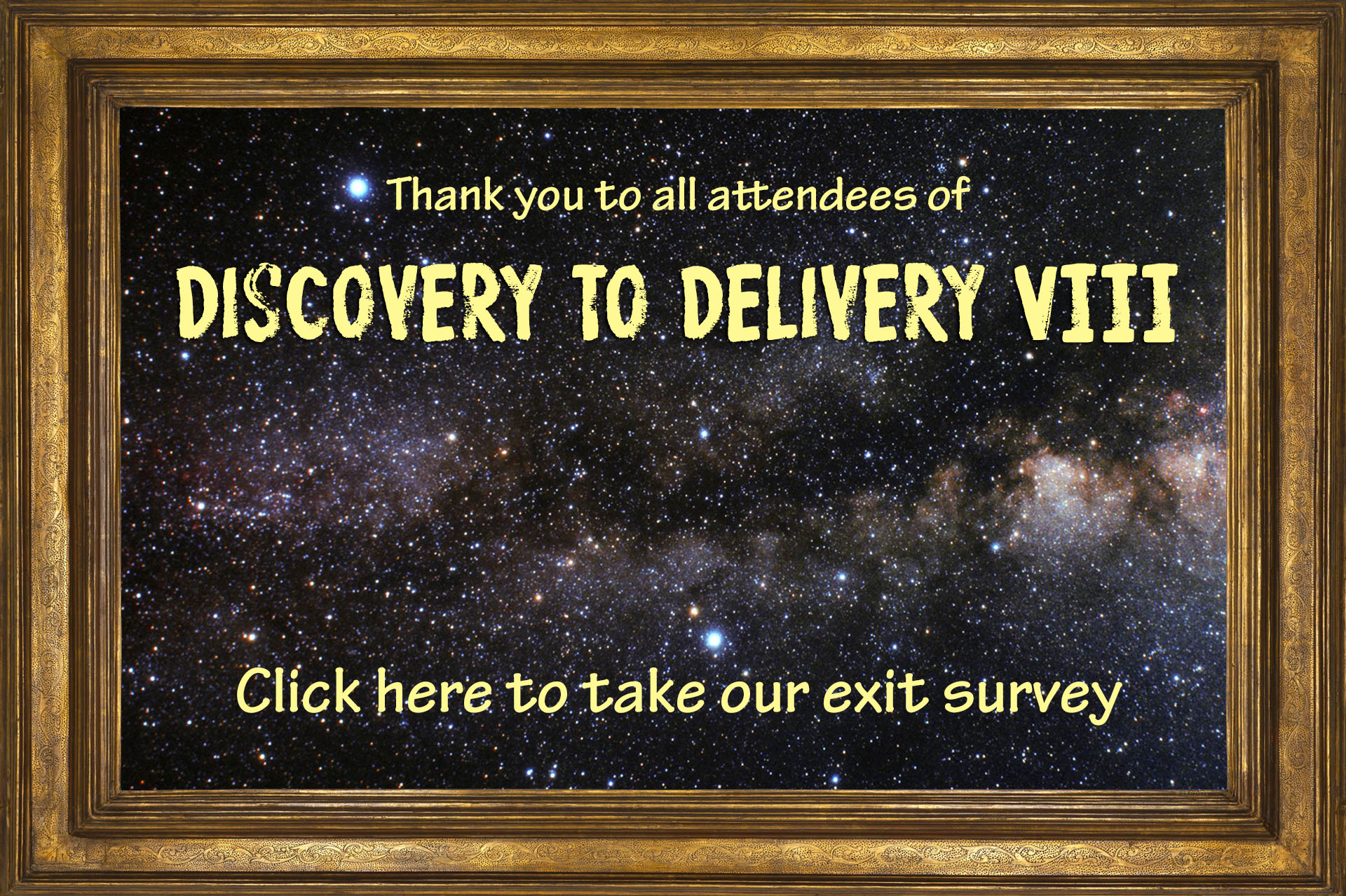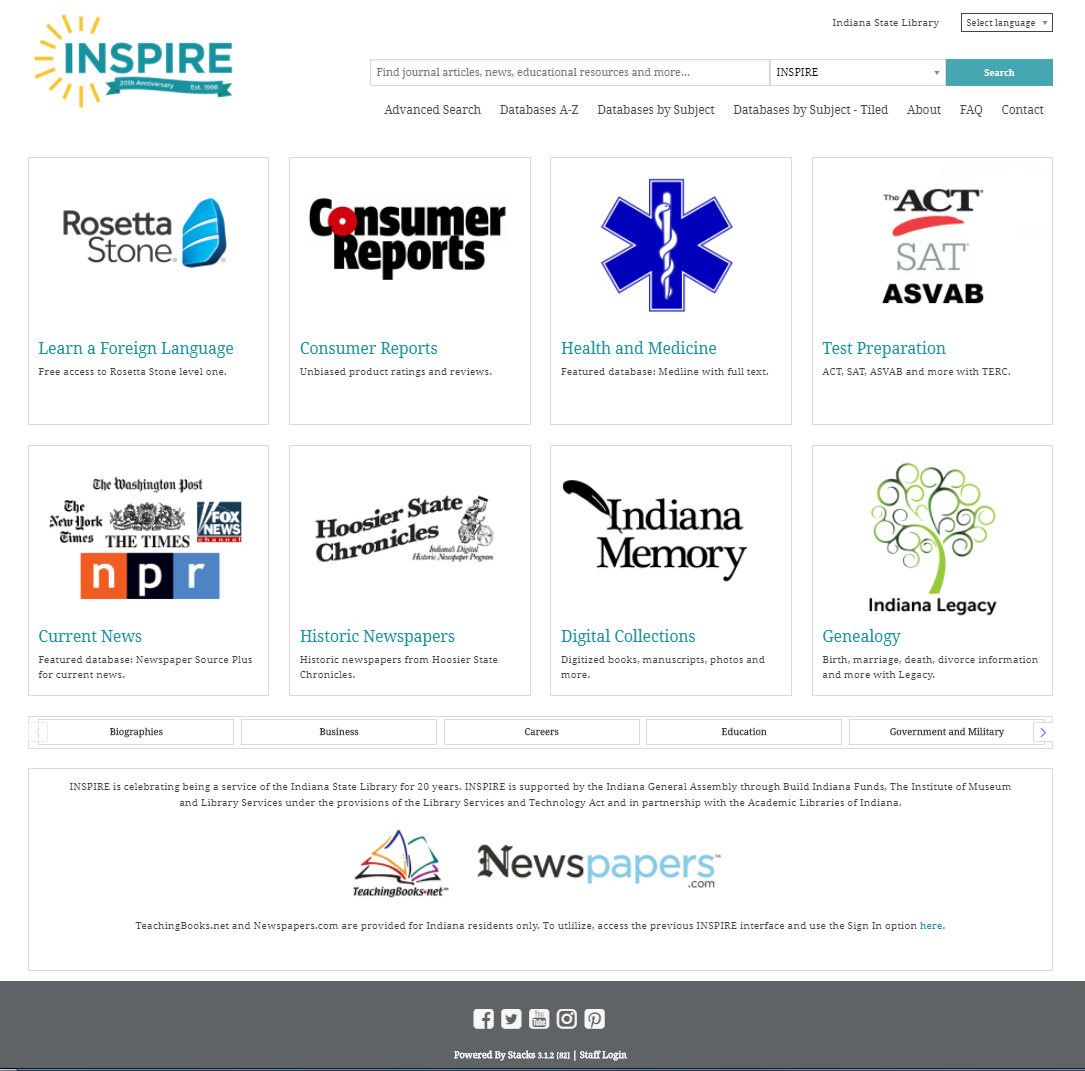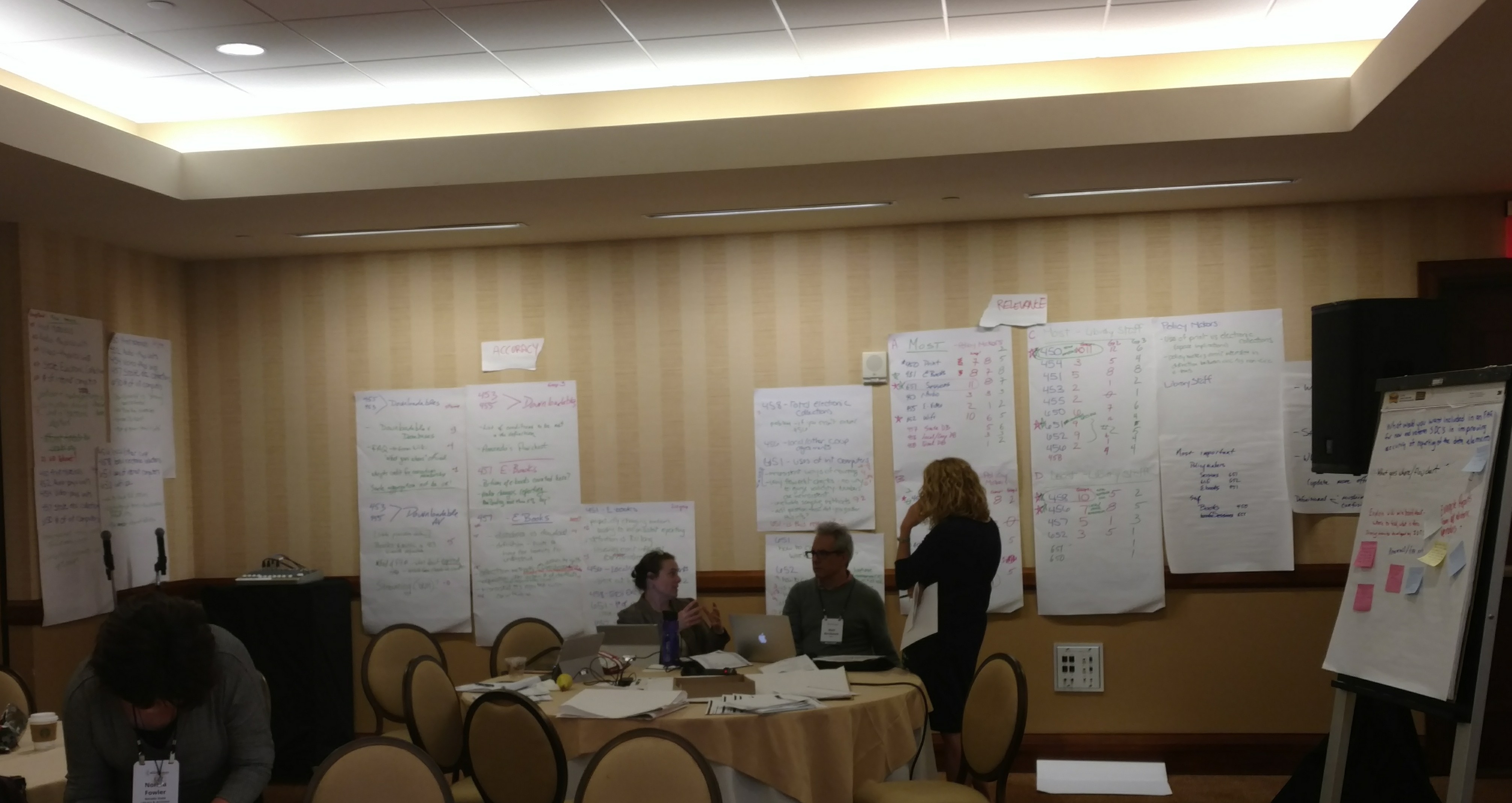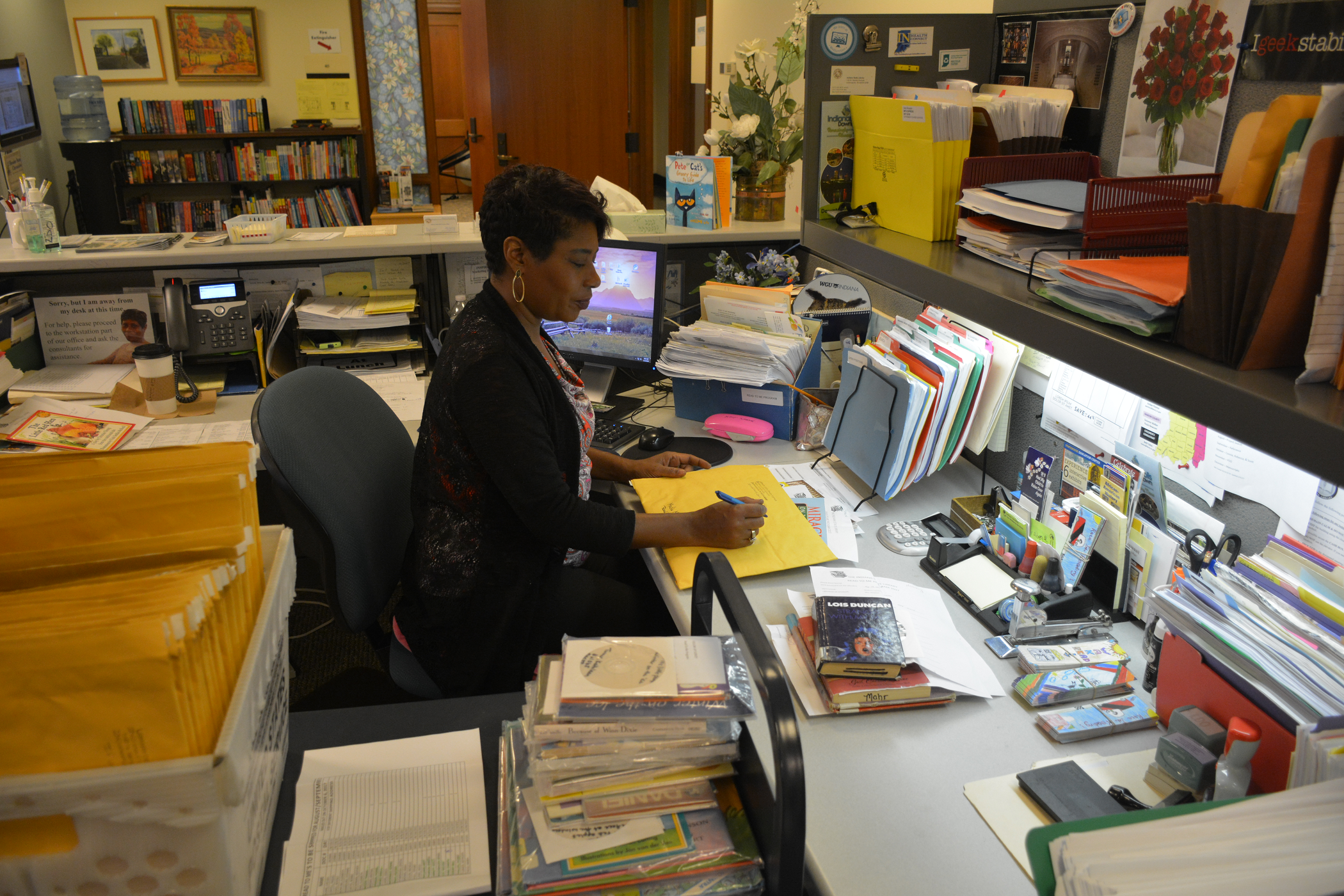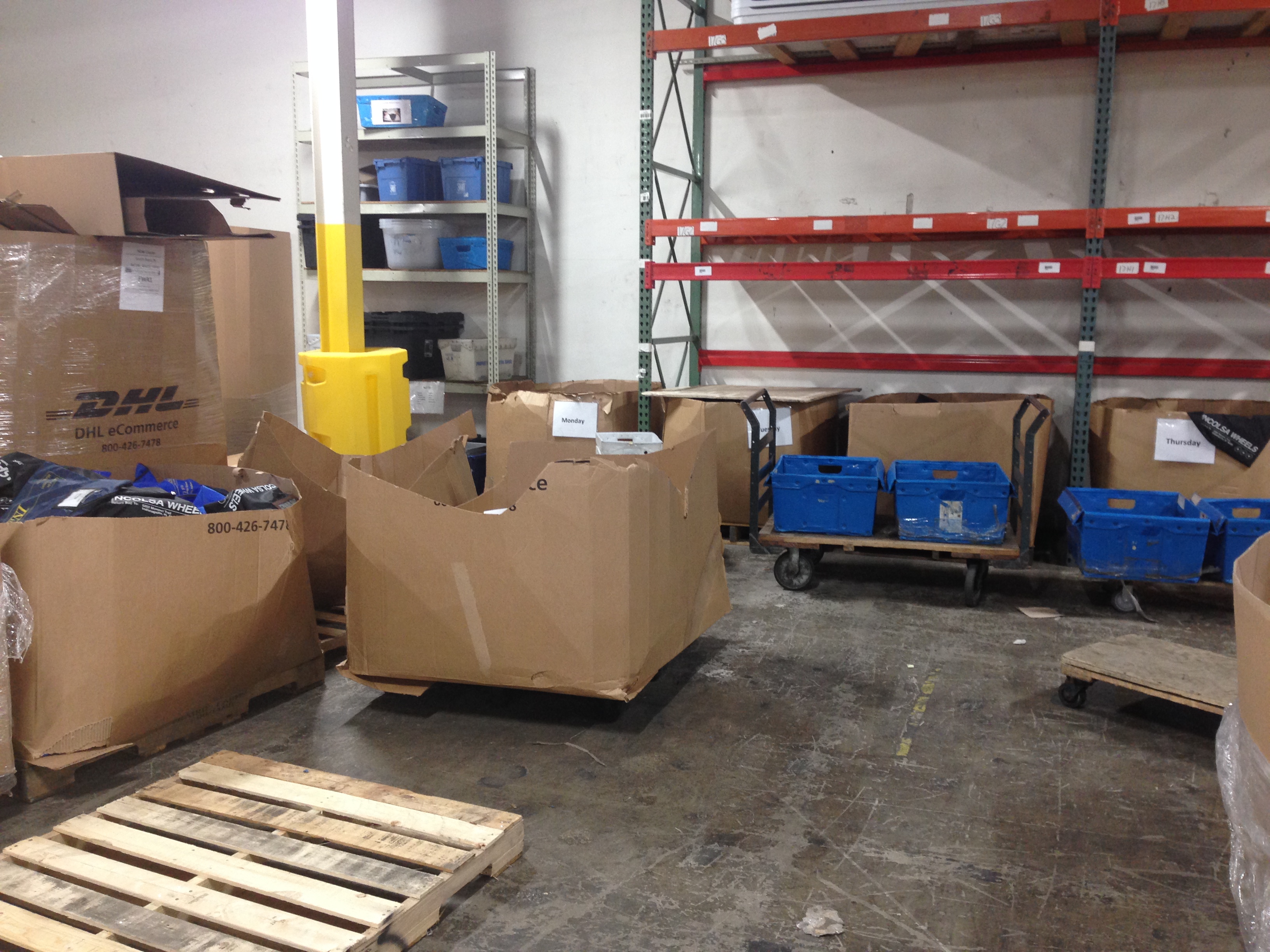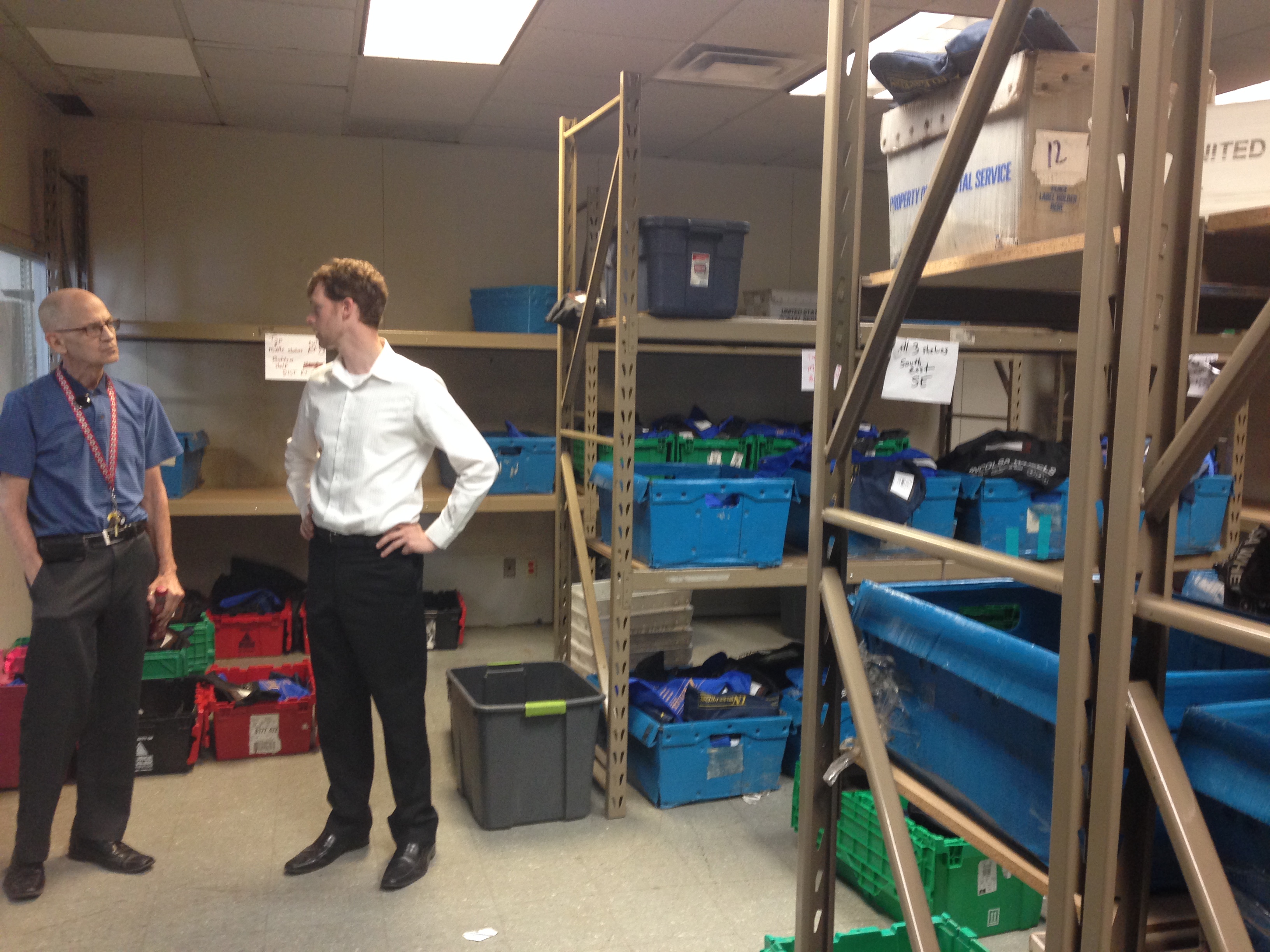IMDPLA Fest: a one day discussion of all things Indiana Memory – Digital Public Library of America. You can find the region’s best and brightest digitization minds sharing thought-provoking new projects, discussing best practices and elevating the conversation surrounding digital preservation…
…and me.
I’m not a digitization specialist in even the most generous sense of the word. But I do work with them, and I oversee a grant program that funds some of the projects. In order to better understand just what those LSTA digitization monies are paying for – and to follow the larger discussions surrounding digitization projects – I attended the fest as an onlooker with a vested interest. Turns out, you don’t have to be an expert to benefit from the expert discussion.
Keynote speaker John Bracken, executive director of DPLA, summarized recent studies on children’s increasing internet use, finding it to be a trend parents absolutely needed to embrace if they wanted their child to succeed, while simultaneously being something that should terrify them. The odd juxtaposition got a laugh, but was also a was a fitting segue to a discussion of the necessity of DPLA, and its informational gatekeepers, to adapt to changing technologies and to take quality, vetted content to people at their points of access.
There were concurrent breakout sessions on large-scale digitization projects, loosely broken into two tracks: visual resources and manuscripts. Those interested in visual resources were offered sessions on The Iditarod of Photo Digitization: Junior Achievement and Indiana: 1800s Land Records Accessed by Township Address. People like myself, who followed the manuscripts, were treated to an overview on the work of digitizing the letters and journals of Saint Mother Theodore Guerin, and one about the challenges inherent in digitizing employee records from the Pullman-Standard Railroad Car Manufacturing Company. And isn’t that food for thought: one day, your employee records, complete with notes on performance issues, could be eagerly set upon by future digital historians, preserved for all the world to see. Decades from now, a room full of scholars could be debating whether your since-expired self has any right to privacy regarding your records, or whether your history of habitual tardiness or not playing well with others now belongs to the annals of history. Or, if we’re travelling down that rabbit hole, consider those journals from the sainted Theodore Guerin. Her letters and journals are darkly humorous, somewhat pointed, deeply personal… and now preserved for future study. They are a wonderful, thought-provoking resource that brings such humanity to this particular bit of history. They are also a reminder that I might want to seriously consider setting fire to all of my overly angsty middle school writings.
A break for lunch was followed by some lightning sessions highlighting useful digitization tools and sites, before wrapping up the day with two practical, nuts-and-bolts overviews on issues every digitization project faces: questions of copyright and fair use and best practices for creating useable metadata.
The back half of the day gave concrete instructions for people in the field, and an appreciation of the complexity of the issues for observers like me. If you ever thought that digitization merely involved slapping down a page on a scanner and calling it a day – well, this meeting of the minds would disavow you of that idea. My appreciation of the work of digitization continues to grow, as does my need to shred a terribly mortifying childhood diaries. You know… just in case.
This blog post was written by Angela Fox, LSTA and federal projects consultant, Indiana State Library. For more information, contact the Library Development Office at 800-451-6028 or via email.

